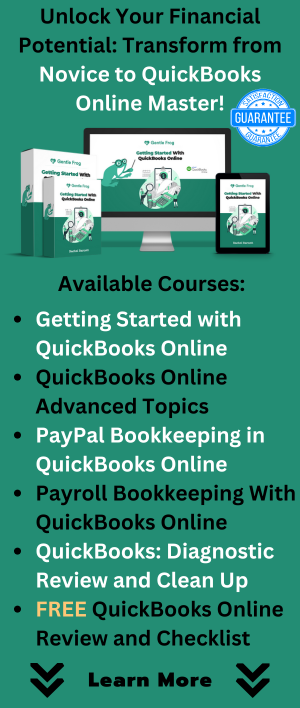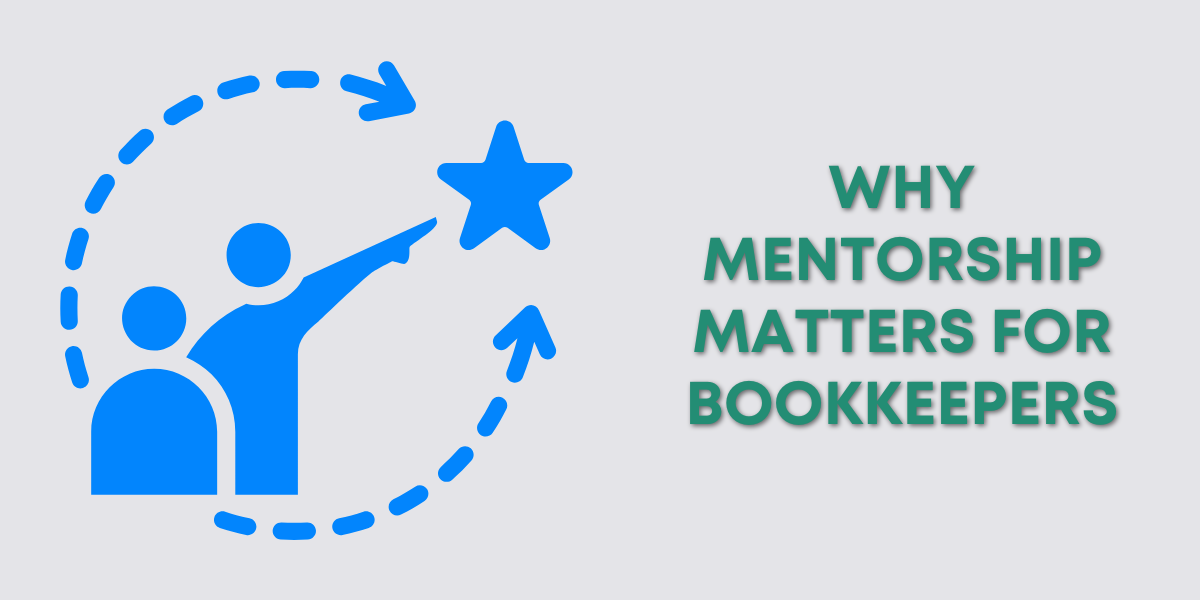Running a small business today means you wear a lot of hats.
Bookkeeper, marketer, tech support, project manager, and more. And if you’ve ever joined an online business or bookkeeping community, you’ve probably noticed how often people ask:
“What software do you use for that?”
“Is there something better out there?”
“How do you stay organized without losing your mind?”
I’ve asked those questions myself plenty of times. In fact, I’m a bit of a tech nerd when it comes to trying new software. I check AppSumo regularly for deals on apps I might fall in love with. (I call it research… but it’s really just my version of window shopping.)
Over the years, my tech stack has evolved. Some tools I’ve outgrown. Others I’ve fallen completely in love with. Below, I’m sharing what I actually use now, the software that helps me (and my small but mighty team) stay organized, efficient, and focused on doing great work for clients.
Hopefully, you’ll find something new that makes your business life a little smoother, too.
🗓️ Acuity – Scheduling Made Easy
I’ve tested just about every scheduling platform out there, and Acuity Scheduling is still my favorite. While Calendly gets a lot of attention, I prefer Acuity for a few reasons:
It lets me take payments directly when clients book a session.
I can customize my availability by appointment type, no more one-size-fits-all calendar chaos.
I can add terms of service checkboxes that clients must agree to before scheduling.
I can set up packages, subscriptions, and coupon codes for my training sessions.
It’s simple, flexible, and helps me protect my time, which is the most valuable tool of all.
🌐 WP Engine – WordPress Hosting
If your website runs on WordPress, this is one of the best investments you can make. WP Engine offers automatic daily backups, top-tier security, and staging environments so you can safely test WordPress updates before pushing them live.
The staging feature alone has saved us from breaking the main site more times than I’d like to admit. It’s like having a safety net for your website, something every small business owner deserves.
✅ Keeper.app – Project Management for Bookkeepers
Keeper is designed specifically for bookkeepers and accountants, which means it actually understands what we do. It combines task management with a secure client portal, allowing clients to upload documents, answer questions, and review deliverables in one place.
No more hunting through email threads or shared drives to find receipts. Everything lives where it should, in one organized, easy-to-access spot.
I have a couple of video tutorials on Keeper:
- Bookkeeping Client Communication: Google Sheets vs Keeper.app
- How Clients Use the Keeper App: Mobile View + Bookkeeper Portal
- How to Connect Your QBO Accounting Firm to Keeper
- Keeper.app Tutorial: How to Add Missing Payee Names in Bulk to QuickBooks Online
🎓 Podia – Affordable Course Hosting
I’ve created several QuickBooks and bookkeeping training courses over the years. I used to host them on Kajabi, which is an excellent platform, but it came with a hefty price tag.
When I discovered Podia, I found the perfect balance of functionality and affordability. It offers a clean interface, supports memberships and digital downloads, and handles payments smoothly.
It does everything Kajabi did for me, but at a fraction of the cost. If you’re building educational products, it’s absolutely worth checking out.
📧 Mailman HQ – A Smarter Inbox
Email is both my best friend and my biggest distraction. That’s why I use Mailman HQ, a Gmail plugin that helps you control when emails appear in your inbox.
Here’s what I love:
I can batch when new emails arrive, so I’m not constantly interrupted.
I can create a VIP list for important messages (like clients or team members).
I can filter emails by keywords, ensuring critical messages reach me instantly.
The result? I spend far less time checking email and far more time doing actual work.
🧠 Notion – My Digital Brain
I could talk about Notion all day. It’s one of the most flexible, customizable tools I’ve ever used.
I use Notion for everything, from keeping notes on client trainings to tracking YouTube videos, blog topics, and random business ideas. My VA, Jess, and I also use it for team collaboration.
What makes it so powerful is that it can adapt to however you think and work. It’s part note-taking app, part project manager, and part knowledge hub. And yes, it’s free.
🎙️ Otter.ai – Transcription
If you create a lot of video or audio content, you need Otter.ai in your life. It’s an affordable, user-friendly transcription tool that helps me quickly generate transcripts for training calls, YouTube videos, and podcast episodes.
It’s also great for note-taking during client meetings. Instead of typing frantically, I can stay present and engaged, knowing Otter’s capturing the conversation for me.
🧩 RightTool – A QuickBooks Power-Up
If you’re a QuickBooks Online bookkeeper, RightTool by Hector Garcia is a game-changer.
It adds features that QuickBooks should have built in, like:
Filtering bank and credit card registers for unreconciled transactions
Batch-deleting duplicate transactions
Quickly navigating client files
These small efficiency boosts save hours over time, and if you spend a lot of your day in QuickBooks, you’ll notice the difference immediately.
🖼️ SlidesGo – Free Presentation Templates
Whenever I need a clean, visually appealing presentation, I visit SlidesGo. It’s full of free Google Slides and PowerPoint templates that don’t look like the same tired corporate deck we’ve all seen a hundred times.
It’s a great option for course creators, speakers, or anyone who wants to level up their visual storytelling without hiring a designer.
✂️ Snagit – My Most Used Tool
If I had to name the software I use most often, it’s Snagit by TechSmith.
I use it dozens of times a day to take screenshots, record quick videos, and annotate images for tutorials and client explanations. It’s perfect for visual learners and makes documenting processes a breeze.
💳 Stripe – Simple, Reliable Payments
For all online payments, whether it’s training sessions, courses, or consultations, I use Stripe. It’s seamless, integrates with nearly everything, and makes checkout easy for clients.
It also provides clear reporting, which makes reconciling payments in QuickBooks much simpler (and faster).
🪴 The Brain – Visual Note-Taking
When I’m brainstorming or trying to map out something complex, I turn to The Brain. It’s a mind-mapping tool that lets me visually connect ideas, clients, and projects.
It’s particularly helpful when a project has multiple layers or moving parts, like building a new course or redesigning workflows. Seeing those connections laid out visually helps me think more clearly.
📱 PaddyPost – Our Social Media Scheduler
We used to rely on Zoho Social, which is still one of my all-time favorite tools for scheduling posts across multiple platforms. But when PaddyPost offered a lifetime deal, we made the switch.
It’s not as advanced as Zoho, but it handles what we need: planning, scheduling, and automating posts for YouTube, Facebook, and LinkedIn.
If you’re looking for an affordable option to manage social content, it’s worth checking out.
Final Thoughts: The Right Tools Evolve With You
Software changes, and so do we.
The tools I use now might not be the same ones I’ll use a year from now, and that’s okay. The goal isn’t to find the perfect setup once and for all; it’s to keep evolving your system so it fits how you work best.
If you take one thing from this post, let it be this:
The best software is the one that actually makes your life easier.
And if you have a favorite app or tool that’s made a big difference in your workflow, I’d love to hear about it. Drop a comment or send me a message, I’m always looking for the next great addition to my toolkit.





